Environmental Laws of Pakistan
Taken together, the Pakistan Environmental Protection Act, 1997, its regulations, the Review of IEE/EIA Regulations, 2000, the Environmental Laboratories Certification Regulations, 2001 and the rules, National Environmental Quality Standards (Self-Monitoring the Reporting by Industries) Rules, 2001, Provincial Sustainable Development Fund (Procedure) Rules, 2002, Provincial Sustainable Development Fund (Utilization) Rules, 2002, Industrial Pollution Charge (Calculation and Collection) Rules, 2002, Environmental Samples Rules, 2001, Environmental Tribunal Rules, 1999, Administrative Penalty Rules 2005, Hazardous Substances Rules and the Hospital Waste Management Rules 2000 provide a substantial part of the skeleton framework supporting Pakistani environmental laws. This book provides the full text of the 1997 Act including its rules and regulations and selected provisions of other relevant laws, all accompanied by practical section-by-section commentary giving guidance on the interpretation and application of law at it is in force. The objective behind this book is to reflect upon environmental legislations (including the act, rules and regulations), judicial pronouncements, international treaties and other developments related to environment. This includes both judicial approaches and new approaches towards conflict resolution and consensus building. This is to enable a law practitioner to develop critical view point as to the functioning of our legal system with a view to ignite creative thinking, in bringing legal reforms to protect environment. This book is a novel attempt in bring about an understanding of the subject and would benefit people from all sections of the society. It contains a birds eye view into the various laws apart from Pakistan Environmental Protection Act, 1997, and judgments of the Pakistani Courts, while briefly touching upon the international legal regime. This unique book provides expert analytical commentary of the 1997 Act and will therefore be indispensable to all practitioners concerned with environmental matters, environmental specialists, agency reviewers and decision makers, consultants, students, and citizens who want to effectively influence environmental decisions that shape their communities.
Get it now and save 10%
BECOME A MEMBER

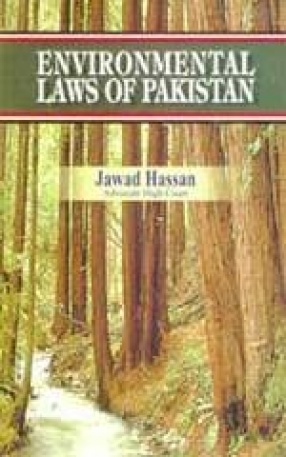

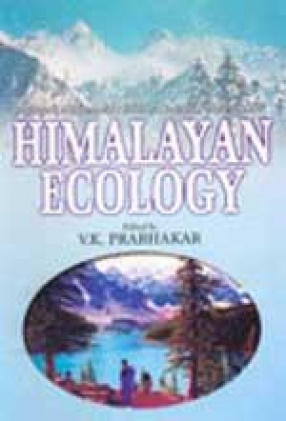
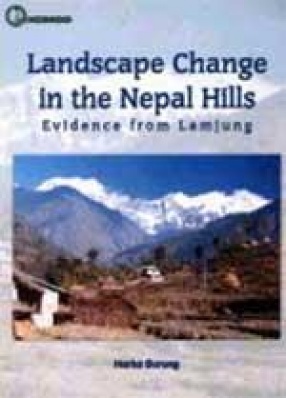
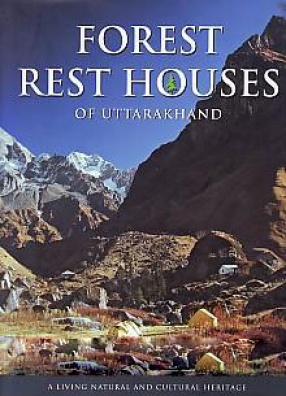
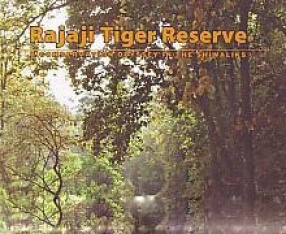

Bibliographic information
Tags